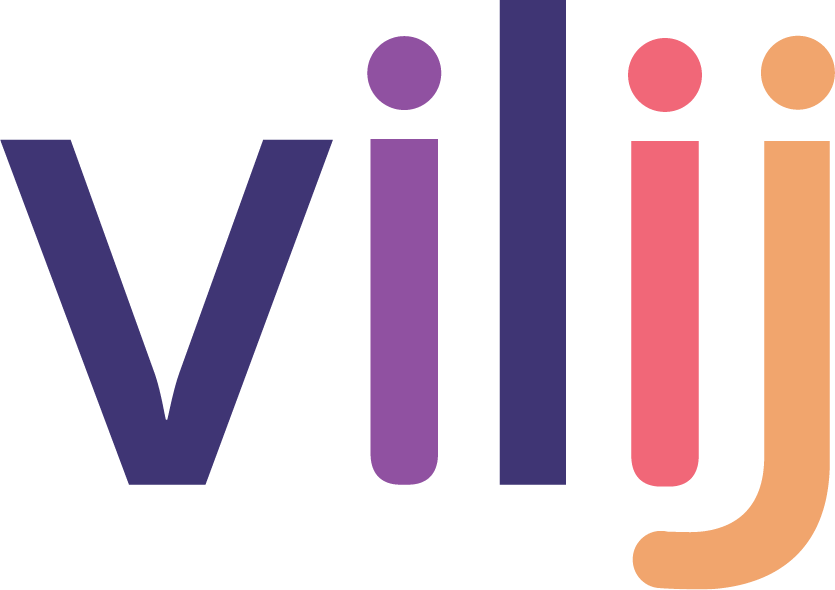Insurance & Open Enrollment in Illinois: A 2025–26 Guide for Families of Kids with Special Needs
You’ve got enough on your plate. Here’s a skimmable guide to open enrollment in Illinois—what changed this year, what to check in your plan, and how to make sure your child’s therapies (including ABA) keep moving forward.
Note: Open enrollment is here in Illinois. Whether your child is on Medicaid/All Kids or a workplace/Marketplace plan, this quick guide shows what to check, what changed, and how to keep ABA and other therapies covered.
The big dates (Illinois)
- Marketplace open enrollment:
Nov 1, 2025 – Jan 15, 2026.
Enroll by Dec 15 for coverage that starts Jan 1; enroll Dec 16–Jan 15 for coverage that starts Feb 1. (Get Covered Illinois) - What’s new: Illinois is moving to its own state-based marketplace (“Get Covered Illinois”) for plan year 2026. For this season (coverage year 2026), you’ll still shop via HealthCare.gov but transition support has started. (Get Covered Illinois).
Pro tip: If nothing changes in your family, still review your options—premiums, networks, and benefits shift every year.
Which bucket are you in?
- Employer plan (through work)
- Open enrollment is usually in the fall (your HR will announce dates). This is your chance to switch plans, add dependents, or update FSA/HSA. Check network participation for your child’s providers and authorizations for ABA and other therapies.
- ACA Marketplace plan
- Shop, compare, and switch during Nov 1–Jan 15. Many families qualify for financial help; choose the plan that covers your child’s providers and required services.
- Medicaid / All Kids (HFS)
- ABA is covered for children 0–20 with an autism diagnosis under Illinois Medicaid (fee-for-service and managed care), subject to prior authorization. Coverage began Nov 1, 2020 and continues.
- Many kids are enrolled in HealthChoice Illinois managed care plans; you can compare which plans serve your county. (enrollhfs.illinois.gov)
- All Kids: Illinois’ children’s coverage with income-based tiers (Assist, Share, Premium). Check current income bands to see where your family lands. (HFS)
Pro tip: If your child is on Medicaid and you get a managed-care plan change letter, call us—we’ll help you confirm your child’s ABA authorizations move with you.
ABA coverage in Illinois: what families should know
- State autism mandate (215 ILCS 5/356z.14): Requires coverage of diagnosis and treatment of autism for individuals under age 21 in state-regulated plans. The statute includes a $36,000 annual maximum, but… (Illinois General Assembly)
- …Important nuance: Under the ACA, most non-grandfathered individual and small-group plans treat autism/ABA as an Essential Health Benefit, so annual dollar caps are generally not allowed—that statutory cap mainly applies to grandfathered plans. (ilasd.com)
Bottom line: Ask whether your plan is grandfathered. If it’s not, you typically shouldn’t see a dollar cap on ABA, though visit/hour limitations or prior auth rules may still apply.
Parity & prior authorization: 2024–2025 updates that help families
- Mental Health Parity (MHPAEA) enforcement: Illinois DOI affirmed it is continuing to enforce the 2024 federal parity rule for state-regulated plans unless it’s repealed or blocked. This supports fairer treatment of behavioral health vs. medical/surgical benefits (e.g., no tougher utilization hurdles). (IDOI)
- Prior authorization reforms: In July 2025, Illinois enacted changes that remove prior authorization for medically necessary outpatient mental health and partial hospitalization in state-regulated plans (implementation timelines apply). (healthnewsillinois.com)
What this means for you: If your plan is state-regulated, some behavioral health services may no longer require prior auth. Still, call your plan—carve-outs and timelines vary, and ABA may have plan-specific rules.
- Medicaid notes: Illinois HFS also adjusted certain prior approval policies for serious mental illness medications in 2025 to reduce disruptions when providers, insurers, or dosages change. (HFS)
How to read your plan (fast checklist)
Print this, and check each item for your child:
- Plan type & regulation
- Employer self-funded (ERISA), fully insured, or Marketplace? State-regulated or self-funded? (This affects which Illinois laws apply.)
- Grandfathered?
- If yes, ask about the autism $36,000 cap and how it’s indexed. If no, caps generally shouldn’t apply to EHB. (Illinois General Assembly)
- Network
- Is your BCBA/ABA provider in-network? If not, ask about out-of-network (OON) benefits or single-case agreements.
- Referrals & prior auth
- Does ABA require prior auth or updated treatment plans? (Some mental health services may be exempt post-2025 reforms—verify.) (healthnewsillinois.com)
- Cost-sharing
- Deductible, copay/coinsurance, out-of-pocket max (OOPM). Confirm how ABA codes apply.
- Service limits
- Hour/visit limits? Weekly caps? (Example: some Medicaid MCOs flag >40 hrs/week.) (Meridian)
- Coordination with Medicaid/All Kids
- If your child has primary commercial and secondary Medicaid, ask how benefits coordinate.
- Continuity of care
- If switching plans, ask for continuity-of-care or transition-of-care provisions so authorizations don’t lapse.
Do this now (step-by-step)
- Mark the deadlines: Dec 15 (Jan 1 start) and Jan 15 (Feb 1 start). (Get Covered Illinois)
- List your child’s providers (ABA, speech, OT, psych, pediatrics) and confirm in-network status for 2026.
- Call your plan and ask:
- Is my plan state-regulated or self-funded? Is it grandfathered?
- Do you cover ABA for autism? What documentation do you need (diagnostic reports, treatment plan, hours)?
- Any prior auth needed for ABA in 2026? Are there service limits?
- If on Medicaid/All Kids: Verify your HealthChoice Illinois plan, confirm your ABA provider is in-network, and that authorizations carry over. (enrollhfs.illinois.gov)
- Save receipts & EOBs. If claims get denied, parity and prior-auth reforms can help your appeal—document everything. (IDOI)
- Call Vilij. We’ll do a benefits check, estimate out-of-pocket costs, and help you complete authorizations smoothly.
Frequently asked parent questions
“We’re on All Kids—can my child get ABA?”
Yes. Illinois Medicaid covers ABA for kids
0–20 with autism, with
prior authorization. (HFS)
“Our plan says ABA has a dollar cap. Is that allowed?”
If your plan is
grandfathered, Illinois law lists a
$36,000 annual max. Many
newer/non-grandfathered plans can’t impose annual dollar limits on EHB like ABA. Ask your plan which category you’re in.
“Do we still need prior auth for therapy in 2026?”
It depends on the
service and whether your plan is
state-regulated. Illinois changed prior-auth rules for many
mental health services in
2025, but confirm how your plan applies them to your child’s care. (healthnewsillinois.com)
Helpful official links
- Get Covered Illinois (open enrollment dates & help): Enrollment timeline and resources. (Get Covered Illinois)
- Illinois’ move to a state-based marketplace (2026): What to expect. (Get Covered Illinois)
- Illinois Medicaid ABA coverage notice (HFS): Policy overview for ABA in Medicaid. (HFS)
- All Kids (income tiers & costs): Check where your family fits. (HFS)
- HealthChoice Illinois (managed care info): See plans in your area. (enrollhfs.illinois.gov)
- Parity enforcement in Illinois: How IDOI is applying the 2024 parity rule. (IDOI)
We’re here to help. If you want us to verify your 2026 benefits or translate your plan, reach out—Vilij can make the insurance side simpler so you can focus on your child. Want to learn more? - Read our post on notification of benefits (NOB) here!
(reviewed against current Illinois sources as of Oct 18, 2025, you are encouraged to reach out to your insurance professional or the representative that manages the plan for which you have coverage.)
Accountability | Integrity | Empathy | Collaboration










